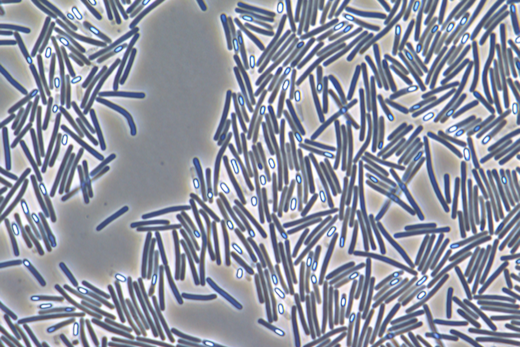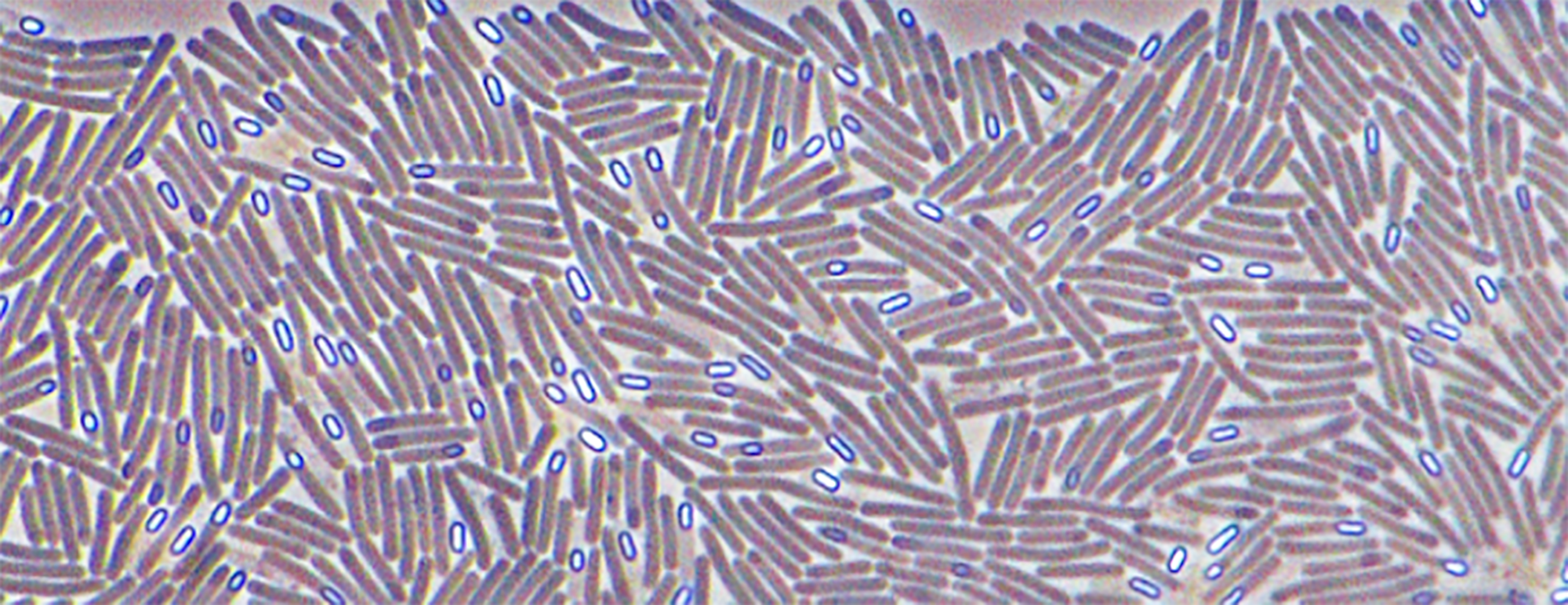Welcome to the McBride Lab
Toxin-Spewing Bacteria Decoded

Toxin-Spewing Bacteria Decoded
Scientists at Emory University School of Medicine have identified a central regulator of toxin production in the bacterium C. difficile, the most common cause of healthcare-associated infections in the United States.C. difficile is a major cause of persistent diarrhea, occurring most often after taking antibiotics.. The results were published in the journal mBio.
Culturing and Maintaining Clostridium difficile in an Anaerobic Environment
Video Protocol
Abstract
Clostridium difficile is a Gram-positive, anaerobic, sporogenic bacterium that is primarily responsible for antibiotic associated diarrhea (AAD) and is a significant nosocomial pathogen. C. difficile is notoriously difficult to isolate and cultivate and is extremely sensitive to even low levels of oxygen in the environment. Here, methods for isolating C. difficile from fecal samples and subsequently culturing C. difficile for preparation of glycerol stocks for long-term storage are presented. Techniques for preparing and enumerating spore stocks in the laboratory for a variety of downstream applications including microscopy and animal studies are also described. These techniques necessitate an anaerobic chamber, which maintains a consistent anaerobic environment to ensure proper conditions for optimal C. difficile growth. We provide protocols for transferring materials in and out of the chamber without causing significant oxygen contamination along with suggestions for regular maintenance required to sustain the appropriate anaerobic environment for efficient and consistent C. difficile cultivation.
Materials
To view this article in full, including a complete materials list, please visit:
http://www.jove.com/video/50787/culturing-maintaining-clostridium-difficile-an-anaerobic
Cite this Article
Edwards, A. N., Suárez, J. M., McBride, S. M. Culturing and Maintaining Clostridium difficile in an Anaerobic Environment. J. Vis. Exp. (79), e50787, doi:10.3791/50787 (2013).


